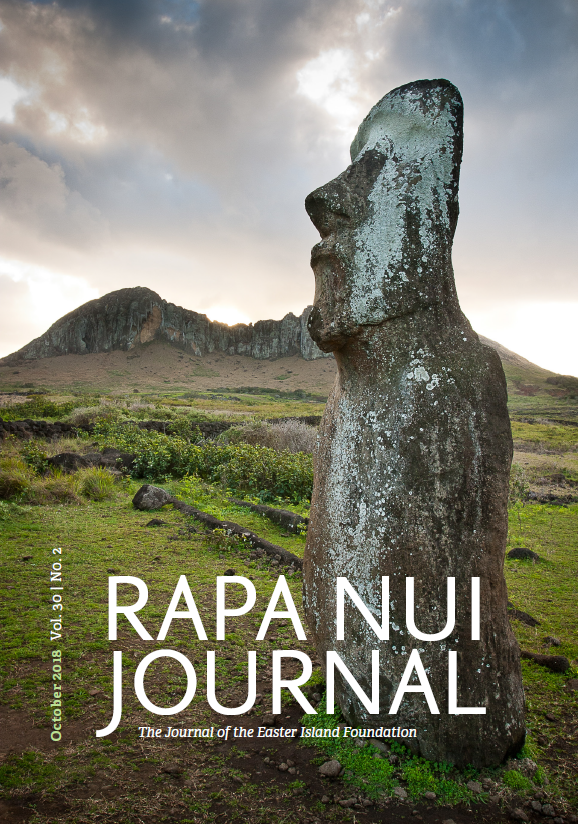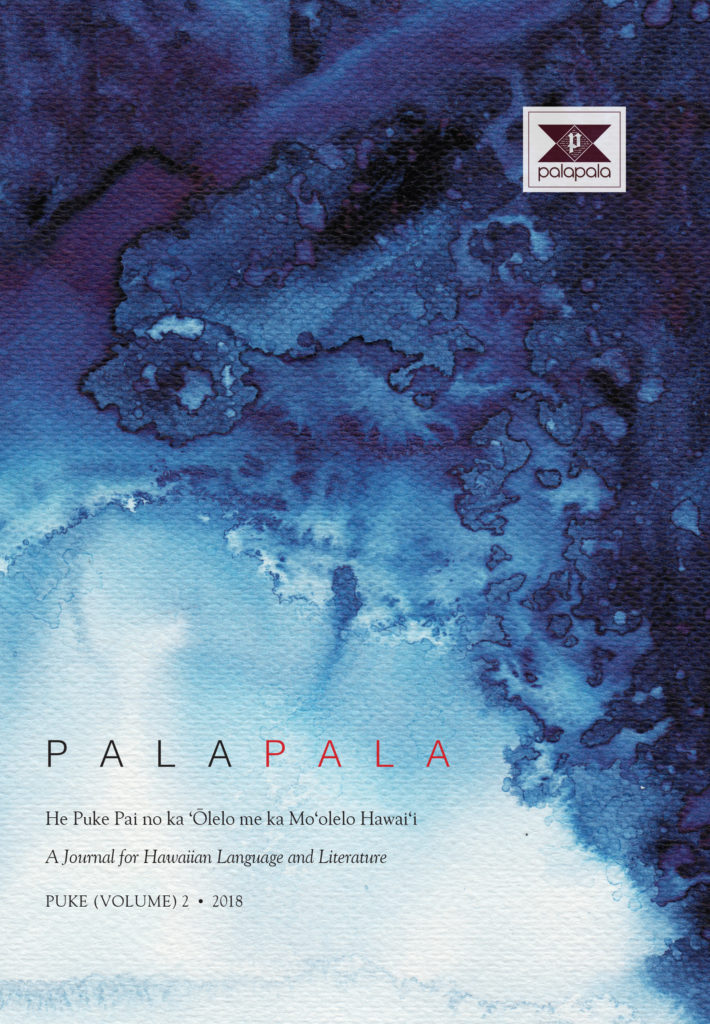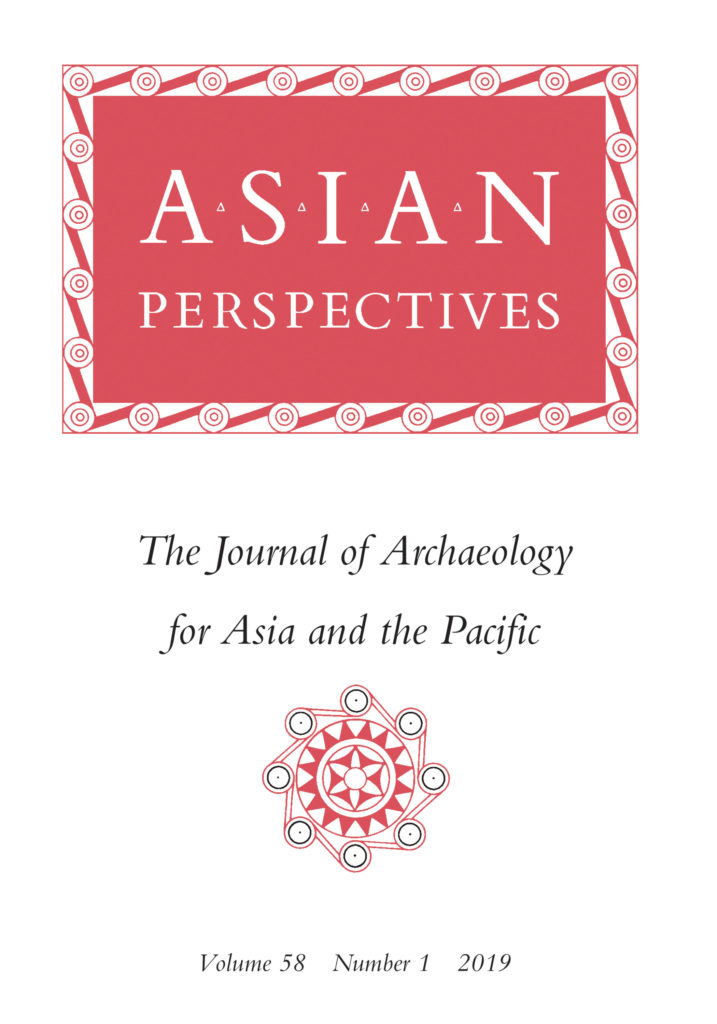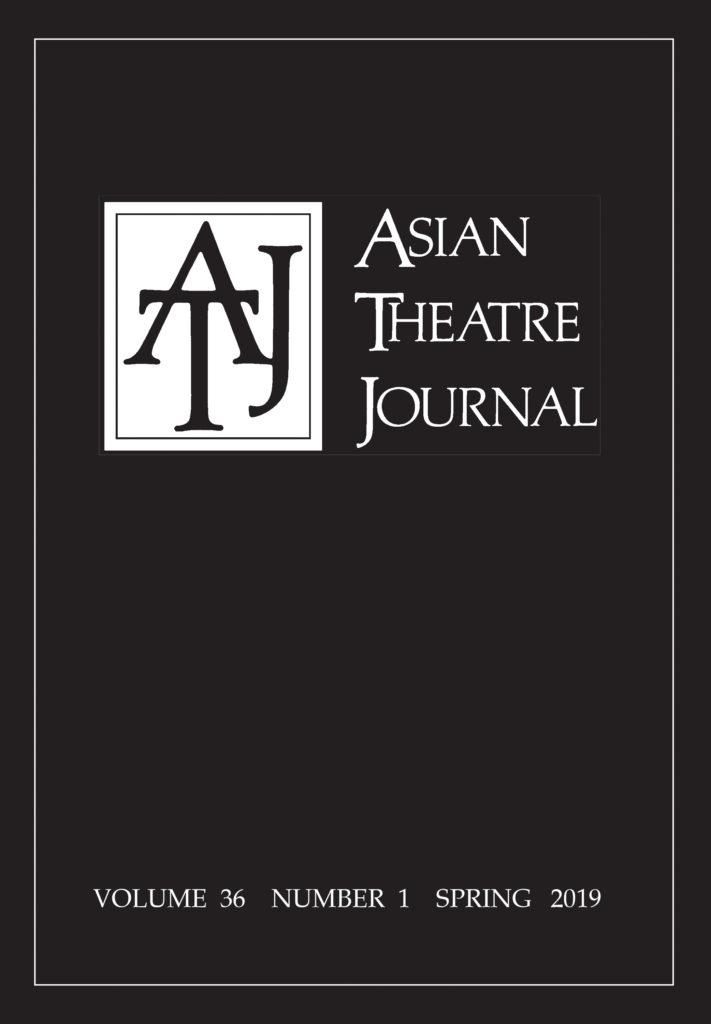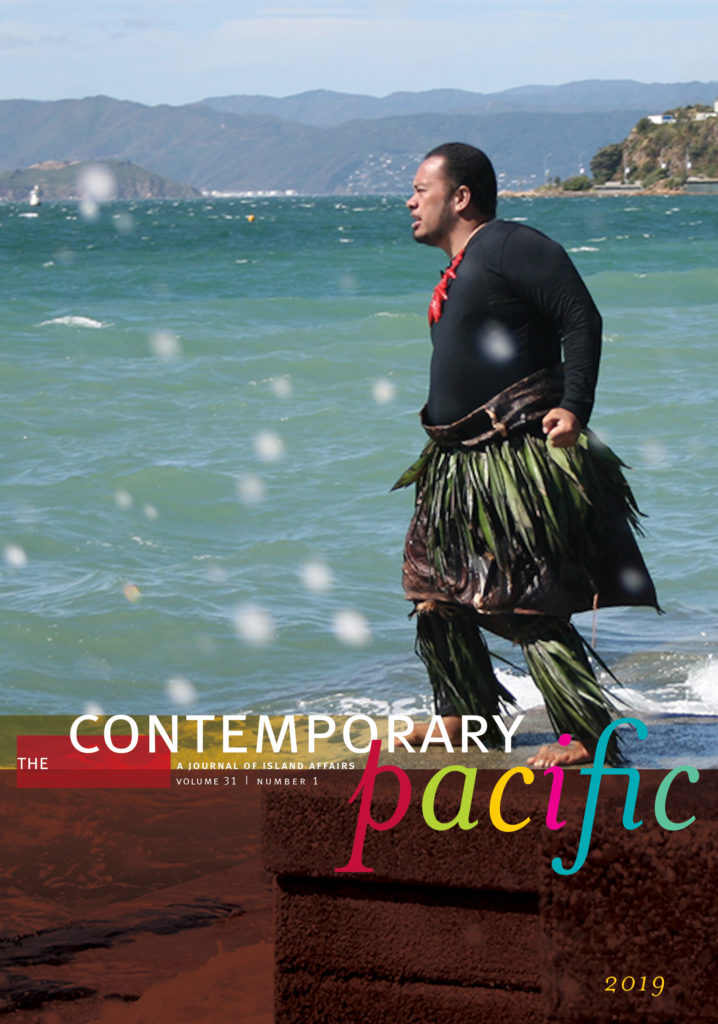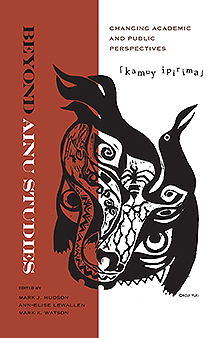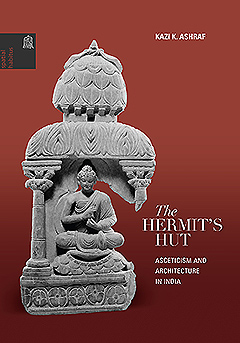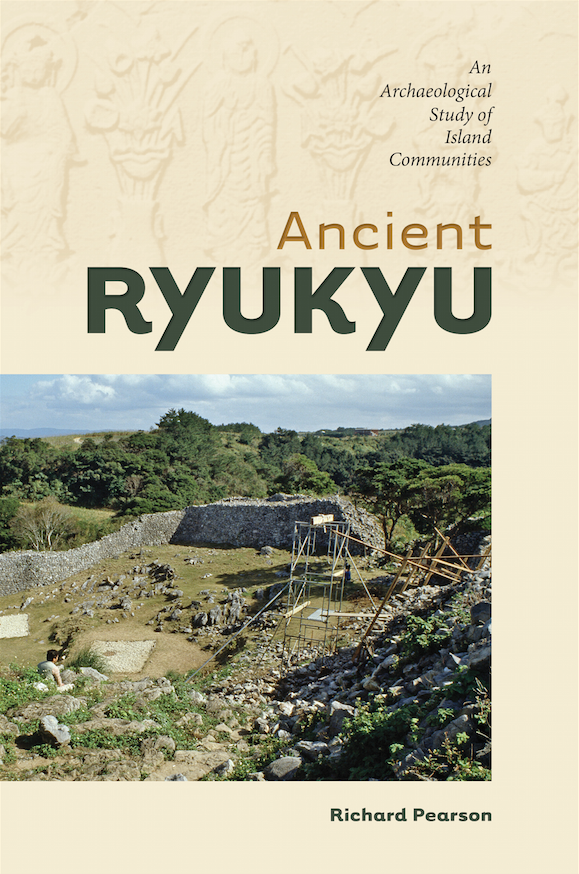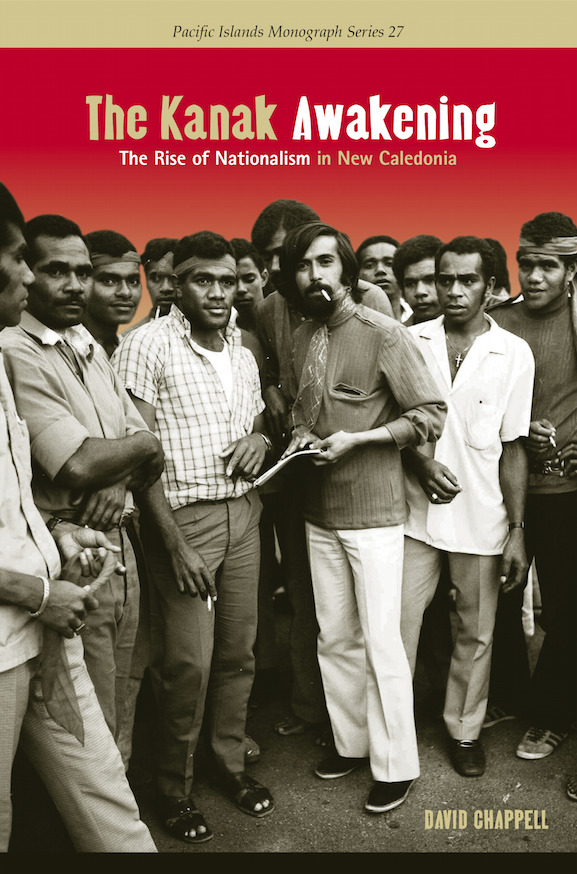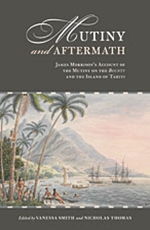Applications are invited for the position of co-editor of Rapa Nui Journal: The Journal of the Easter Island Foundation (RNJ). The journal is published by the University of Hawai‘i Press in partnership with the Easter Island Foundation. Dr. Mara Mulrooney has served as the journal editor for the past several years and is looking forward to sharing the editorial duties with one or two co-editors.
The journal, launched in 1986 as Rapa Nui Notes, serves as a forum for interdisciplinary scholarship in the humanities and social sciences on Easter Island and the Eastern Polynesian region. Each issue may include Research Articles, Research Reports, Commentaries or Dialogues, Book or Media Reviews and EIF News.
RNJ is published twice a year and welcomes contributions from a wide range of social, cultural, indigenous and historical disciplines on topics related to the lives and cultures of the peoples of Rapa Nui and Eastern Polynesia. Abstracts for articles may be published in English, Spanish, and Rapanui. We welcome submissions from scholars across Oceania, North and South America, and beyond.
The editors are expected to assist in raising the profile of the journal, provide support increasing submissions, and secure timely and appropriate peer-review of articles. Editors will make the final decision on manuscripts, informing both the author(s) and reviewers of the final disposition. The editors must show openness to communicating with scholars about diverse ideas, openness to a diverse range of methodologies, and eagerness to continue building the journal’s reputation.
In accordance with the University of Hawai‘i Press’ mission to publish high quality scholarship, the following criteria are considered in selecting editors:
- established record of scholarship
- evidence of understanding the mission of the journal and its operation
- a vision for the journal’s future
- record of responsible service to scholarly publishing
- evidence of organizational skill and intellectual leadership
The actual costs associated with production and the online submission system for the journal are covered by the publisher.
Selection Process: (1) Applications will be received by the UH Press Journals Manager by Sept. 4, 2019. (2) The applicants will be reviewed and ranked by the current journal editor and UH Press Journals Manager. (3) The top two candidates will be contacted by phone for an interview and to discuss the journal editorial workflow by Sept. 25, 2019. (4) The candidate selection will be made by Oct. 10, 2019. (5) The new editor(s) will begin working with the current editor and UH Press no later than January 2020. (6) All other applicants will be notified of the final selection.
Applications: The applications should include the following:
Vision Statement: Set forth your goals and plans for the content of the journal.
Co-Editors Background Information: Describe the qualifications and experience of each person on the editorial team that supports their inclusion. There is no need to include names of individuals that you would like to include on the larger editorial board. If you wish to include names of nominees for Book Review editors, you may; these individuals will be appointed by the editors after they are selected, so you are not required to include them in your application.
Institutional Support: It is important for candidates to examine the feasibility of serving as co-editor in light of the resources provided by the publisher and their own home university. If candidates expect to receive support from their host institution, we request a preliminary letter of support from a dean or other appropriate institutional official.
CVs for all potential co-editors (and if applicable, any associate editors).
For questions and further information about the application process, please contact: Pamela Wilson, Journals Manager, [email protected]. We encourage anyone who is considering an application and wants to discuss ideas or ask questions, to get in touch. The application packet should be no more than five (5) pages (excluding CVs), and must be received by Sept. 4, 2019.
Applications may be emailed as PDFs to Pamela Wilson, Journals Manager at [email protected].
University of Hawaii Press, 2840 Kolowalu Street Honolulu, HI 96822
Tel: (808) 956-6790
https://www.uhpress.hawaii.edu/journals/





